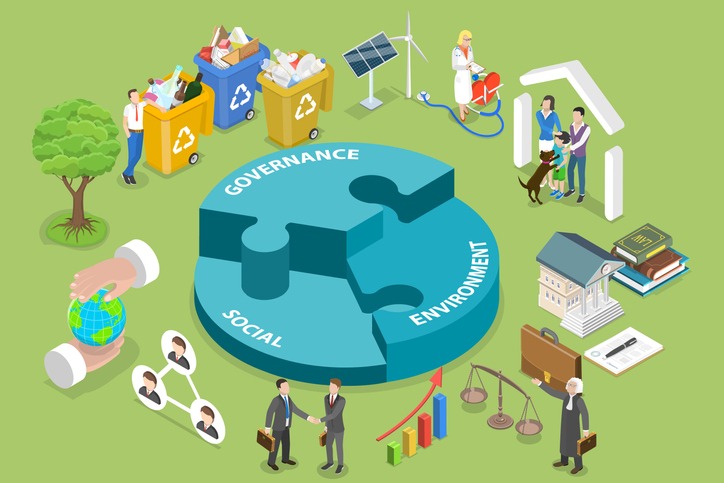
In the evolving world of business, the concept of social value is taking centre stage, with profound implications for small businesses, and the broader societal landscape.
CREDIT: This is an edited version of an article that originally appeared on SME today
Environmental, Social, and Governance (ESG) targets have become a cornerstone of modern business, especially for small business owners and dealers. In this era, proving that your business not only has targets but also a mission and a concrete strategy to achieve them is vital. While “the journey to Net Zero” and striving for “Carbon Neutrality” are familiar terms, the spotlight has increasingly turned towards engagement with social value.
The social shift: A reflection of society
Societal changes are driving this shift. Today’s consumers are more conscientious about their purchasing decisions, delving into a company’s ethical stance on various aspects, such as environmental responsibility and engagement with social issues. This engagement includes areas like Equality, Diversity, and Inclusion (ED&I), fair compensation, and a broader commitment to social issues that resonate with the newer generation of consumers. With Gen Z employees, a group known for their ethical awareness, ascending to the C-suite, we can expect an even greater push for change.
ESG is no longer a buzzword; it’s a fundamental consideration for successful businesses. Recent times have witnessed a surge in investments directed towards socially and environmentally responsible businesses, creating a profound impact on our business landscape.
The Glencore case
A prominent case that exemplifies this trend involves Glencore, a leading coal mining company. Two of its major investors, BlackRock and MFS Investment Management, took a significant step by voting against its environmental policy. Their contention? The policy wouldn’t effectively deliver the emissions targets set by the company. While this case may seem predominantly focused on the environment, it underscores the broader implications for social impact and how it can affect your business.
The rise of social value investing
Solely concentrating on environmental aspects may have been sufficient in the past, but recent events have transformed dealer success. Increasing protests targeting businesses across multiple sectors have made this approach less appealing. As a result, the spotlight has shifted towards Social Value Investing (SVI). But what exactly does SVI entail?
SVI goes beyond environmental concerns. It encompasses collaborative efficiency across various facets, including environmental impact. SVI focuses on delivering innovative, long-lasting, and inclusive solutions that have a positive ripple effect on broader society.
Transparency and honesty
For SME owners, transparency and honesty are the pillars of trust in order to be successful. Attempting to “greenwash” or “social wash” will likely backfire, as customers can discern the authenticity of your claims. It’s vital to have well-defined missions and goals while remaining prepared for the possibility that not all targets will be met. More importantly, your personal qualities, resilience, and vision play a significant role in determining your credibility.
In a world increasingly shaped by ESG and social impact, small businesses must embrace transparency, authenticity, and a commitment to deliver on their mission and values. By doing so, they can unlock opportunities and secure investments that drive positive change.


Be the first to comment